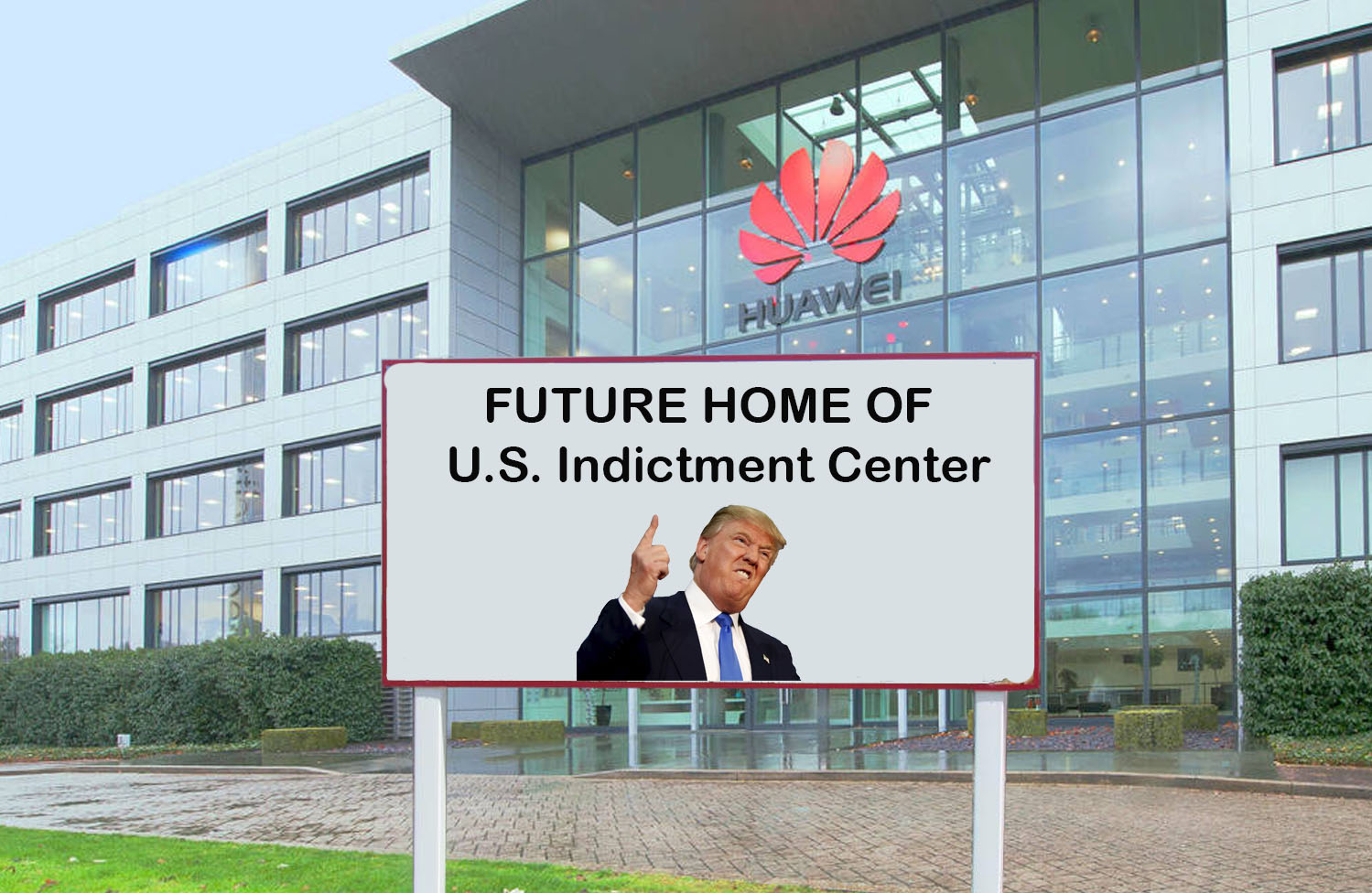It is the very nature of relationships that cause rifts between involved parties at one time or another. In fact, typically when a relationship is stronger and has lasted the test of time, feuds that arise from any number of reasons can last even longer because of the dense historical makeup of said dynamic. I would never go so far as to say that the United States and China have ever shared a “sleepover with late night conversations and cheesy poofs” friendship, but the relationship between the two nations is backed by years of history. Dating back to the late eighteenth century, Americans expressed economic interests in working with China. Back then, Americans were on the hunt for new markets to purchase goods because, you know, the British were still a little salty post-revolutionary war.
Towards the end of the 1800s, American missionaries travel to China to spread the word of Christianity to China’s population, resulting in the transmission of cultural nuances and learned languages. Years down the line, China became one of the largest exporting nations in the world, with seemingly every product featuring a “made in China” sticker slapped on the bottom. In the era of the Trump administration, the US-China dynamic has been less than cordial. Presently, the two countries are at a standstill following a 9-day trade truce, which resulted in China agreeing to buy $1.2 trillion worth of American products, and America remaining in a holding pattern and not imposing any more tariffs on Chinese goods.
Following the fiscal ceasefire agreement, which was set into place back in December, it seemed that peace between the U.S. and China had been temporarily restored. This was true for the geopolitical equivalent of roughly four minutes before the Trump administration elected to file criminal charges against Huawei, one of China’s largest telecom companies, for committing money laundering, bank fraud, wire fraud, and conspiracy, as well as conspiracy to obstruct justice, just to sweeten the judicial pot.
As for the individual named in Huawei’s recent charges, the Company’s chief financial officer, Wanzhou Meng, will have the distinct honor of being indicted by Acting U.S. Attorney General Matthew Whitaker. Rumors suggest he is quite warm and friendly when processing an indictment, but that’s just hearsay.
The official indictment, filed with the United States Eastern District Court of New York, stated that:
“…Since in or about July 2007, Huawei repeatedly misrepresented to the U.S. government and to various victim financial institutions…that, although Huawei conduced business in Iran, it did so in a manner that did not violate U.S. law, including the ITSR (Iranian Transactions and Sanctions Regulations). In reality, Huawei conducted its business in Iran in a manner that violated applicable U.S. law, which includes the ITSR.”
–U.S. District Court, Eastern District of New York
For those of us who’ve yet to enroll in the necessary legal courses to decipher the jargon above, allow me to elucidate to you the key details. The U.S. Department of Justice charged Huawei with working with Iran, despite extensive sanctions placed on Iran by America and multiple other nations. In a separate inducement, Huawei is also being charged with stealing trade secrets from T-Mobile. According to NBC news, the charges filed back in 2014 over a robot called “Tappy,” are resurfacing with the added assistance of the DOJ. The Justice Department alleges that Huawei intentionally conspired to steal intellectual property from an American company “in an attempt to undermine the free and fair marketplace.”
From an outside perspective, tensions between the United States and China are incredibly high right now. Under the guise of threats to national security, President Trump has done everything in his power, while president, to thwart any attempts made by China to threaten the US tech industry.
Back in March 2018, President Trump convinced US government officials to block Broadcom, a Chinese telecom company, from acquiring its US-based rival Qualcomm, suggesting that the deal would pose a significant threat to national security.
As far as standing up to these charges, Huawei unsurprisingly denied all allegations made against the company and issued a statement to the press explaining the Company’s pure disdain that U.S. government officials would even consider posing charges such as these.
“Huawei is disappointed to learn of the charges brought against the company today. company After Ms. Meng’s arrest, the Company sought an opportunity to discuss the Eastern District of New York investigation with the Justice Department, but the request was rejected without explanation. The allegations in the Western District of Washington trade secret indictment were already the subject of a civil suit that was settled by the parties after a Seattle jury found neither damages nor willful and malicious conduct on the trade secret claim…”
–Huawei press statement regarding recent charges





